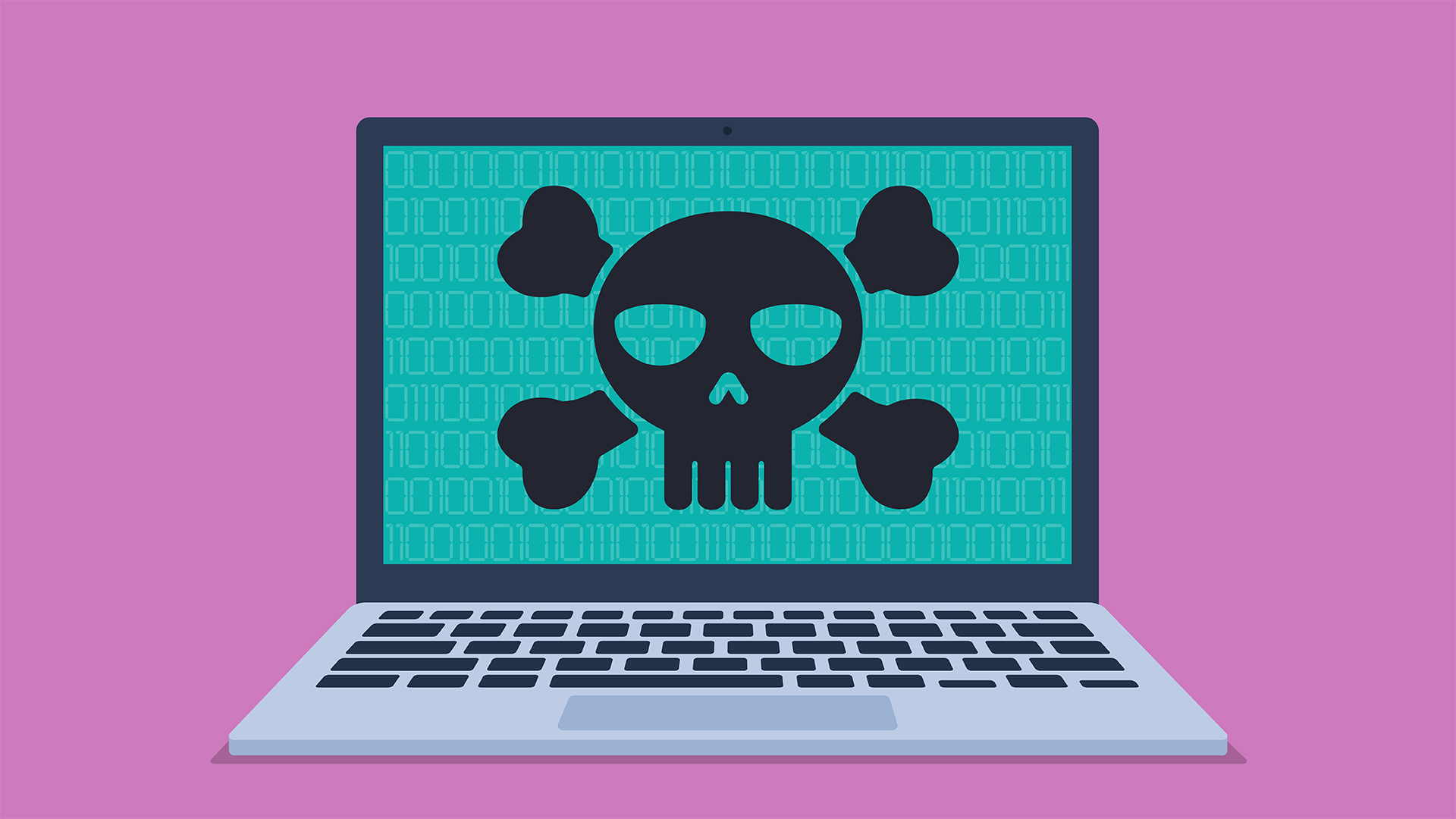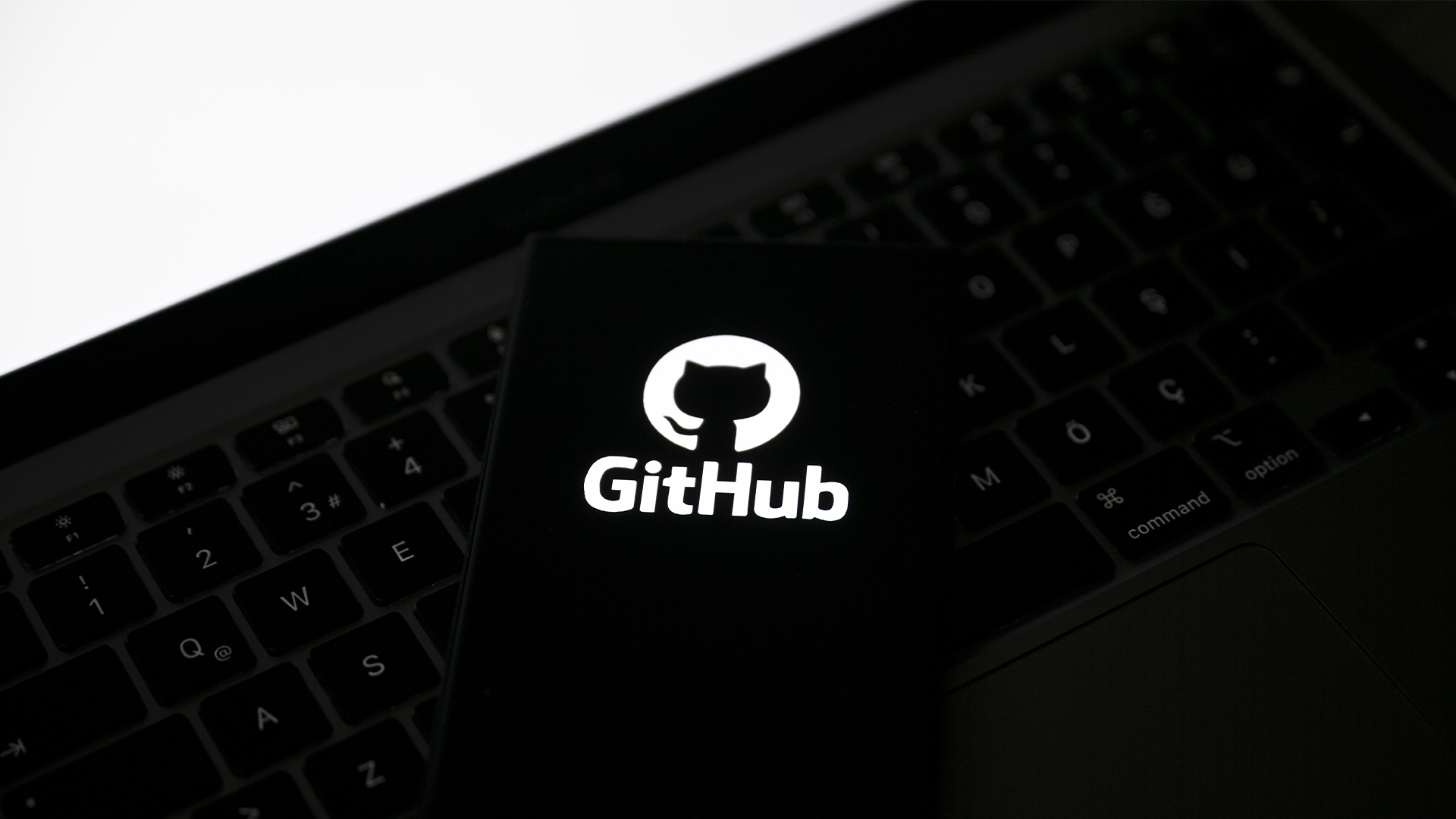AI will change the face of cyber security - here’s how businesses can prepare
AI promises to be a double-edged sword, bringing new threats and new solutions to businesses

While recent advancements in AI are generating excitement and anticipation across industries of all descriptions, there is a darker side of this revolution.
The technology is expected to bring about significant improvements in efficiency and productivity, but there are concerns that threat actors and hackers may use these same benefits to their own advantage.
Cybersecurity has been top of mind for executive-level decision-makers and IT professionals for decades and remains so today. Even as technology has progressed, from the advent of the internet to that of the cloud, security has remained a consistent thorn in the side of organizations.
There are constant innovations and product announcements from vendors that assist businesses in various aspects of cyber security, but AI is quickly becoming a very different problem.
Generative AI could create an environment where forms of malware adapt to defense techniques, while also allowing cyber criminals to generate content to aid social engineering techniques.
Despite the many problems AI could create in terms of cyber security, CISOs, CIOs, and others in similar roles need to understand the benefits AI offers in the realm of cyber security.
Using this technology to predict cyber threats, analyze attack vectors, and create unique cyber security strategies are all possibilities in this new age, and organizations must realize this.
Businesses now have the option to stay both protected and at an advantage in the current threat landscape. If they can marry AI protection with AI adoption, organizations will have a distinct cyber security advantage.
AI is a cyber security nightmare
Over the last few years, businesses have seen a worrying uptick in cyber attacks and data breaches resulting in huge levels of damage and massive financial costs.
Statista estimates the cost of cyber crime to businesses globally will increase by $6.4 trillion between 2024 and 2029 to a total of over $15 trillion.
Cyber crime cost UK businesses alone a total of over £30 billion in 2023, a figure 138% higher than the £12.8 billion figure recorded in 2019 according to analysis from internet service provider Beaming.
Earlier this year, the “mother of all breaches” saw 26 billion records leaked by an unknown source including information belonging to users of sites such as LinkedIn, DropBox, Deezer, and Twitter.
From a cyber criminal perspective, AI promises to accelerate their efforts. The UK’s National Cyber Security Center (NCSC) has stated emphatically that the volume and impact of cyber attacks will be heightened over the next few years on the back of AI.
Hackbots and hackbots-as-a-service, for example, have already started appearing on marketplaces and forums across the dark web. Examples include WormGPT and FraudGPT, tools that allow malicious users to design assets such as phishing emails and deepfakes for social engineering.
A UAE bank lost $35 million in one such attack whereby a threat actor cloned a voice using AI in order to mimic a company director to gain access to the bank’s systems.
AI is also set to boost ransomware attacks by allowing hackers to create customizable ransomware payloads and attack campaigns based on the specific vulnerabilities of targeted systems.
How can AI aid cyber security?
While AI is being used by cyber criminals, cybersecurity and IT professionals are also making use of the technology to defend organizations.
One of the key advantages is in workflow, with understaffed and underfunded cyber security teams set to have some of the burden lifted from them by AI. Powerful threat analysis and prediction tools could save security teams valuable time.
Research has shown that nearly half (49%) of small and medium-sized businesses (SMBs) believe that AI will help boost their cyber defenses by freeing up security teams and allowing them more time to investigate issues.
AI’s advantage comes from its compute power, which enables it to analyze huge datasets and make connections that would be much more difficult for a human to make.
By giving AI access to internal or proprietary datasets, companies could start to overhaul their security strategies. AI could spot flaws or vulnerabilities within a company's data architecture and help direct security teams to problems so that they can fix them.
Businesses could get value and protection out of AI detection tools, such as systems designed to recognize the writing styles of company officials to protect against phishing attacks.
How can businesses prepare for the future of AI cyber security?
There are barriers to adopting such AI security systems, though. Businesses face high costs, ROI concerns, and questions over data privacy. The third of these elements is a particular worry, as organizations must navigate potential governance and compliance risks.
Giving AI access to proprietary information could be risky and there is much for organizations to consider beforehand, such as the security posture of the AI tool or the state of the business's internal data.
How the AI security tool processes such data is also important. Organizations need to bear in mind the extent to which they are compliant with regulations such as the GDPR when employing AI applications.
Businesses also need to ensure transparency and accountability in their adoption of AI tools. They should ensure they make clear to staff and customers how tools are being used in an organizational context.
“AI represents a fundamental shift in how enterprises work with their content, enabling organizations to extract insights from their unstructured data, automate and accelerate critical business processes, and protect their IP in ways that have never been possible before,” Aaron Levie, co-founder and CEO of Box, said.
Box, a cloud-based intelligent content management company, can assist in business utilization of content. It allows customers to centralize their data in a single location, Box the Intelligent Content Cloud.
By storing data with Box the Intelligent Content Cloud, businesses can streamline data strategies by keeping all their datasets in one place. Box AI enhances user productivity and security through advanced document analysis and real-time AI responses. Enterprises can rely on Box for safe AI solutions, promoting technology adoption while maintaining privacy, security, and compliance.
Box's integration of AI into its secure content platform makes it the perfect partner for enterprises looking to harness the power of AI. With support for all types of content, models, and devices, Box empowers enterprises on their AI journey by helping them choose the right model for each use case. The platform seamlessly integrates AI models with the Content Cloud.
Box enables its users to maximize the potential of business content without compromising on safety or integrity, through the integration of enterprise standards and AI capabilities.
Sign up today and you will receive a free copy of our Future Focus 2025 report - the leading guidance on AI, cybersecurity and other IT challenges as per 700+ senior executives
ITPro is a global business technology website providing the latest news, analysis, and business insight for IT decision-makers. Whether it's cyber security, cloud computing, IT infrastructure, or business strategy, we aim to equip leaders with the data they need to make informed IT investments.
For regular updates delivered to your inbox and social feeds, be sure to sign up to our daily newsletter and follow on us LinkedIn and Twitter.
-
 Trend Micro issues warning over rise of 'vibe crime' as cyber criminals turn to agentic AI to automate attacks
Trend Micro issues warning over rise of 'vibe crime' as cyber criminals turn to agentic AI to automate attacksNews Trend Micro is warning of a boom in 'vibe crime' - the use of agentic AI to support fully-automated cyber criminal operations and accelerate attacks.
-
 NCSC issues urgent warning over growing AI prompt injection risks – here’s what you need to know
NCSC issues urgent warning over growing AI prompt injection risks – here’s what you need to knowNews Many organizations see prompt injection as just another version of SQL injection - but this is a mistake
-
 AWS CISO Amy Herzog thinks AI agents will be a ‘boon’ for cyber professionals — and teams at Amazon are already seeing huge gains
AWS CISO Amy Herzog thinks AI agents will be a ‘boon’ for cyber professionals — and teams at Amazon are already seeing huge gainsNews AWS CISO Amy Herzog thinks AI agents will be a ‘boon’ for cyber professionals, and the company has already unlocked significant benefits from the technology internally.
-
 HPE selects CrowdStrike to safeguard high-performance AI workloads
HPE selects CrowdStrike to safeguard high-performance AI workloadsNews The security vendor joins HPE’s Unleash AI partner program, bringing Falcon security capabilities to HPE Private Cloud AI
-
 Microsoft opens up Entra Agent ID preview with new AI features
Microsoft opens up Entra Agent ID preview with new AI featuresNews Microsoft Entra Agent ID aims to help manage influx of AI agents using existing tools
-
 GitHub is awash with leaked AI company secrets – API keys, tokens, and credentials were all found out in the open
GitHub is awash with leaked AI company secrets – API keys, tokens, and credentials were all found out in the openNews Wiz research suggests AI leaders need to clean up their act when it comes to secrets leaking
-
 Generative AI attacks are accelerating at an alarming rate
Generative AI attacks are accelerating at an alarming rateNews Two new reports from Gartner highlight the new AI-related pressures companies face, and the tools they are using to counter them
-
 Hackers are using AI to dissect threat intelligence reports and ‘vibe code’ malware
Hackers are using AI to dissect threat intelligence reports and ‘vibe code’ malwareNews TrendMicro has called for caution on how much detail is disclosed in security advisories



